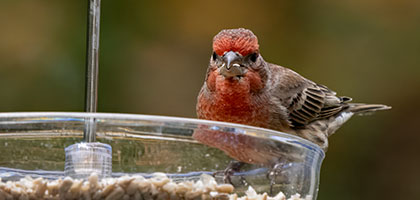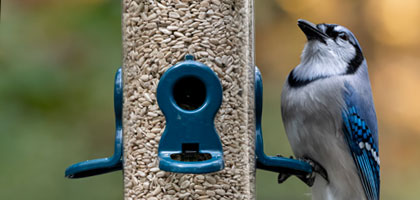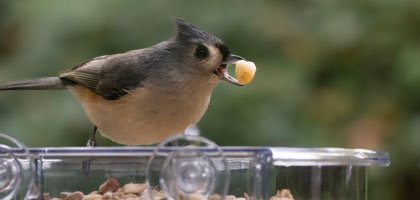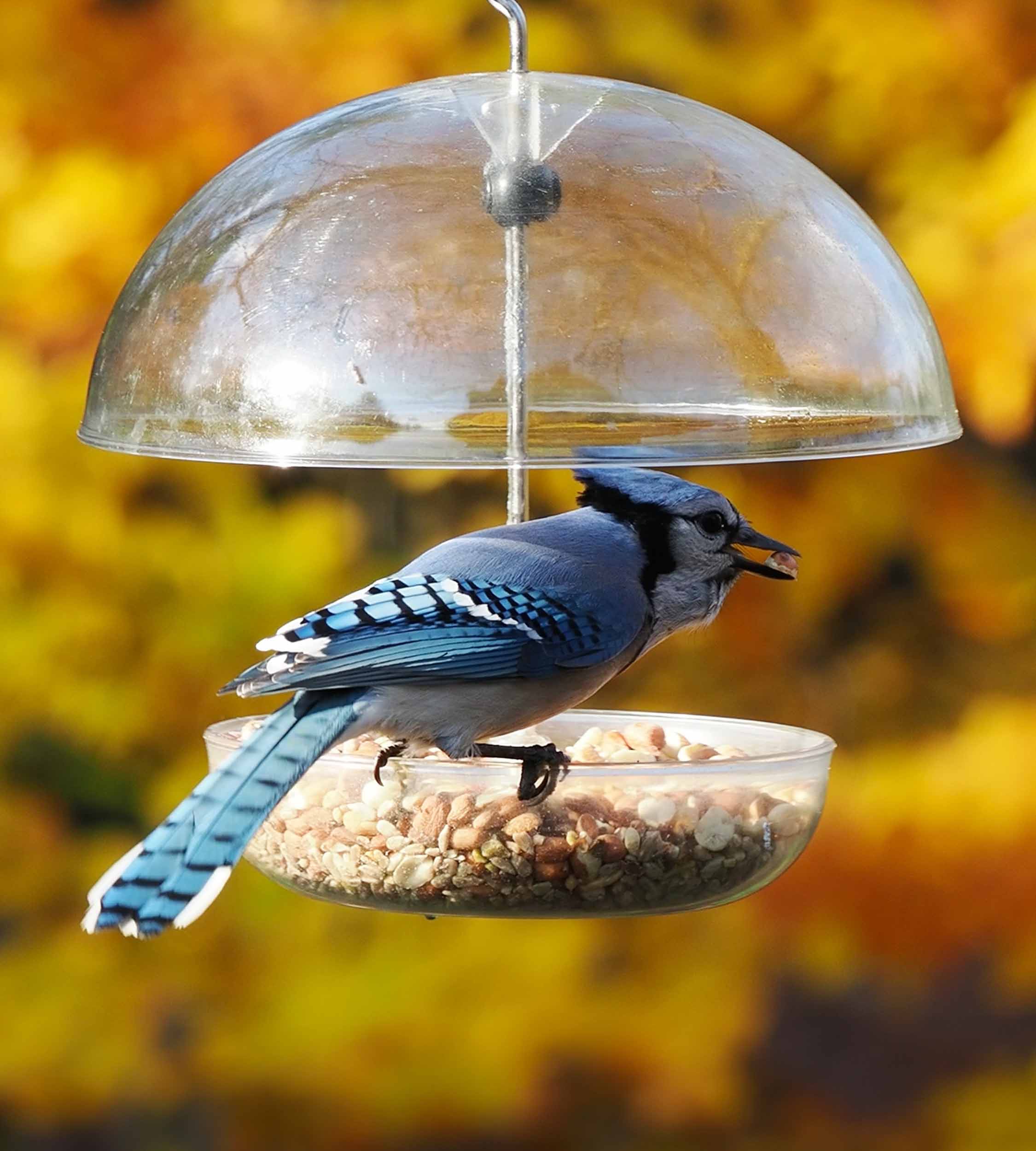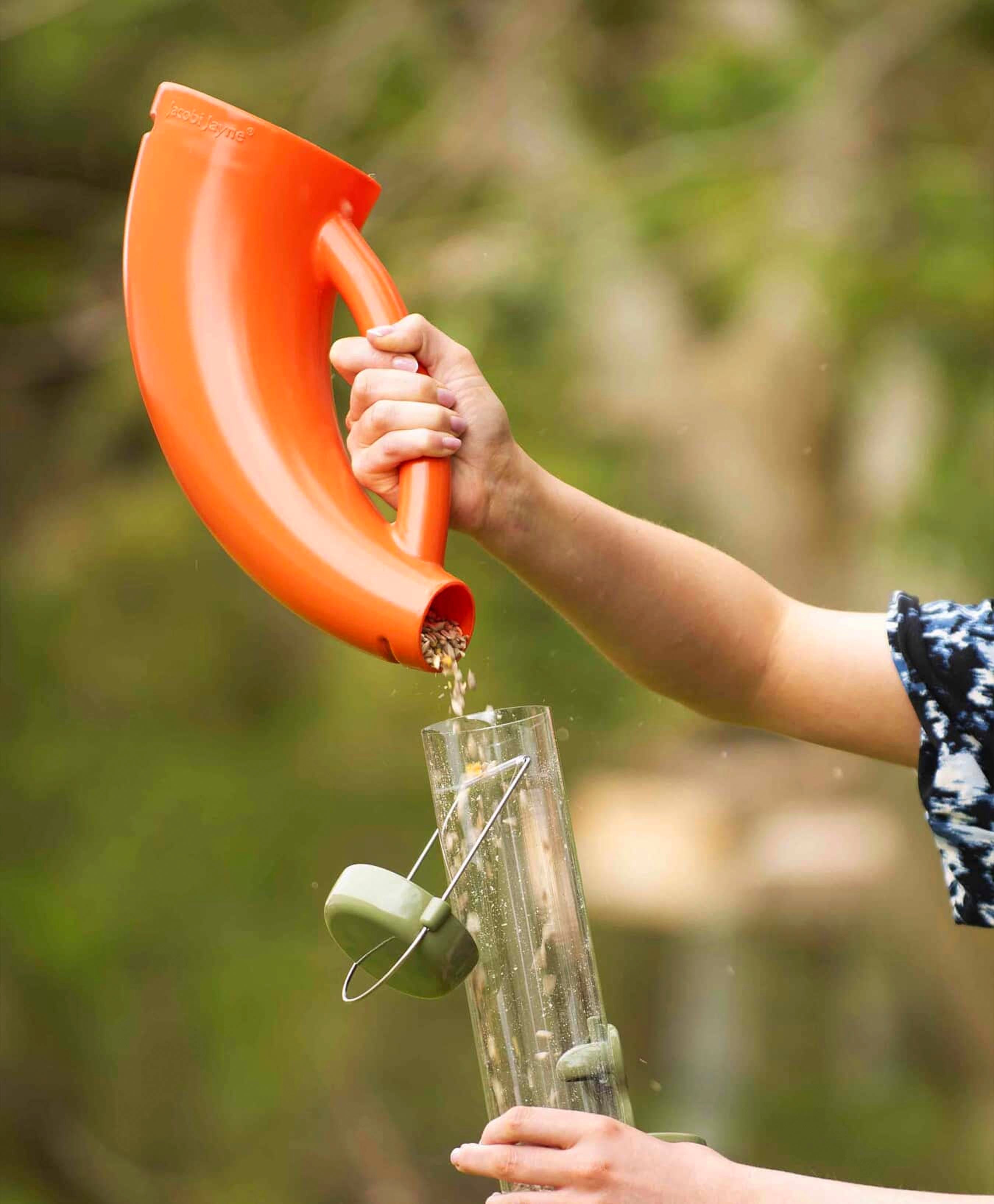Whether you're a bird enthusiast, a wildlife rehabilitator, or someone who simply wants to help, this guide is for you. Let's explore how to care for an injured bird at home, one seed at a time.
Assessing the Situation
Before attempting to feed an injured bird, it's crucial to assess its condition. Look for visible signs of injury, such as broken wings or bleeding.
If the bird appears to be in severe distress, it's best to contact a wildlife rehabilitator immediately. They can provide professional advice tailored to the bird's specific needs.
Remember, handling should be kept to a minimum to avoid causing further stress or injury. Use gloves or a soft cloth if you must move the bird.
Lastly, observe the bird's behavior. Is it alert and responsive, or does it seem lethargic? This can provide valuable insight into its overall health.
Contacting a Wildlife Professional
If you find an injured bird, your first step should be to contact a wildlife rehabilitator. These professionals have the necessary training and resources to provide appropriate care.
They can guide you on how to handle the bird safely and minimize stress. They can also advise on the best course of action, which may include bringing the bird to a rehabilitation center.
Remember, it's essential to act responsibly and respect the bird's needs. Your actions can significantly impact its chances of recovery.
Creating a Safe Space
Before you attempt to feed an injured bird, it's crucial to create a safe and quiet environment. This can help reduce stress and promote recovery.
You can use a small box lined with soft cloth as a makeshift nest. Ensure the bird is warm, but avoid direct heat sources.
Keep the bird away from pets and other potential stressors. Remember, your goal is to provide a calm and secure space for the bird to recover.
Understanding Bird Dietary Needs
Different bird species have unique dietary needs. It's essential to understand these needs to provide the right food.
Birds like jays and woodpeckers primarily eat seeds and nuts. Orioles and bluebirds, on the other hand, prefer fresh fruit and insects.
Insectivorous birds, such as some finches, thrive on a diet of mealworms. These provide a good source of protein.
Here are some general guidelines for feeding birds:
- Seeds and mixes: Suitable for most bird species.
- Fresh fruit: Ideal for orioles and bluebirds.
- Mealworms: Good for insectivorous birds.
Remember, these are general guidelines. Always research the specific dietary needs of the bird species you're caring for.
Appropriate Foods for Different Bird Species
Feeding an injured bird requires knowledge of its natural diet. This ensures the bird gets the nutrients it needs for recovery.
Bird seed and mixes are a common choice for many species. They provide a balanced diet and are easy to digest.
Fresh fruit, such as oranges and apples, can be offered to fruit-eating birds. Always ensure the fruit is fresh and free from pesticides.
Mealworms are a good protein source for insectivorous birds. They can be bought from pet stores or online.
Here's a breakdown of appropriate foods for some common bird species:
- Jays and Woodpeckers: Seeds, nuts, and insects.
- Orioles and Bluebirds: Fresh fruit and insects.
- Finches: Seeds and mealworms.
Jays and Woodpeckers
Jays and woodpeckers are omnivorous. They enjoy a diet of seeds, nuts, and insects.
Offering a mix of these foods can help support their recovery.
Orioles and Bluebirds
Orioles and bluebirds have a preference for fresh fruit and insects. Slices of fresh oranges or apples can be a good choice.
Ensure the fruit is clean and fresh to prevent any further health issues.
Finches and Small Birds
Finches and other small birds often feed on seeds. Mealworms can also be a good source of protein.
Remember to provide food in small sizes to accommodate their small beaks.
Feeding Techniques and Precautions
Feeding an injured bird requires careful handling. Always use gloves or a soft cloth to avoid causing stress or further injury.
Bird feeders can be used to provide food. Ensure they are clean and placed in a quiet, safe location.
Avoid force-feeding the bird. Allow it to eat at its own pace. This helps prevent choking and stress.
Monitor the bird's food intake and behavior. Changes can indicate recovery or a need for further care.
Remember, feeding an injured bird is a temporary measure. Always seek professional advice for long-term care.
Monitoring and Adjusting Care
Observing the bird's behavior is crucial. Changes in eating habits or demeanor can indicate health improvements or concerns.
Keep a consistent feeding schedule. This helps the bird maintain energy and aids in recovery.
Adjust the bird's diet as needed. If the bird struggles with certain foods, try softer options or smaller pieces.
Remember, patience is key. Recovery can take time. Continue providing care and seek professional help if conditions worsen.
When to Seek Veterinary Care
Recognizing when to seek professional help is vital. If the bird's condition worsens or doesn't improve, it's time to consult a vet.
Signs of severe distress, like labored breathing or lack of movement, require immediate attention.
Remember, a vet or wildlife rehabilitator can provide specialized care that may be beyond your capabilities.
Legal Considerations and Ethical Care
Caring for an injured bird is not just about providing food and shelter. It's also about understanding the legal and ethical implications.
In many regions, it's illegal to keep wild birds without a permit. Always check local regulations before taking a bird into your care.
Remember, the ultimate goal is to help the bird recover and return to its natural habitat. Interfering with its wild nature should be minimized.
Conclusion and Additional Resources
Feeding an injured bird requires knowledge, patience, and a gentle approach. It's a rewarding task that can make a significant difference in the bird's recovery.
Remember, every bird is unique. Their dietary needs can vary greatly depending on their species and the nature of their injury.
For further information, consider the following resources:
- Local wildlife rehabilitation centers
- Online bird care forums
- Books on bird feeding and care
With the right care and attention, you can help an injured bird thrive again.
